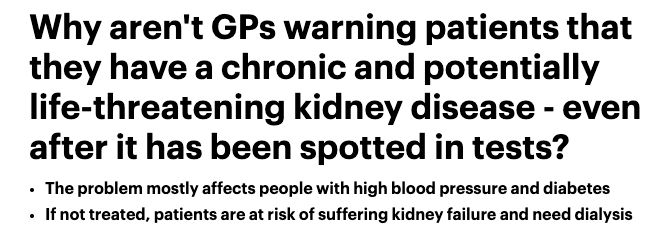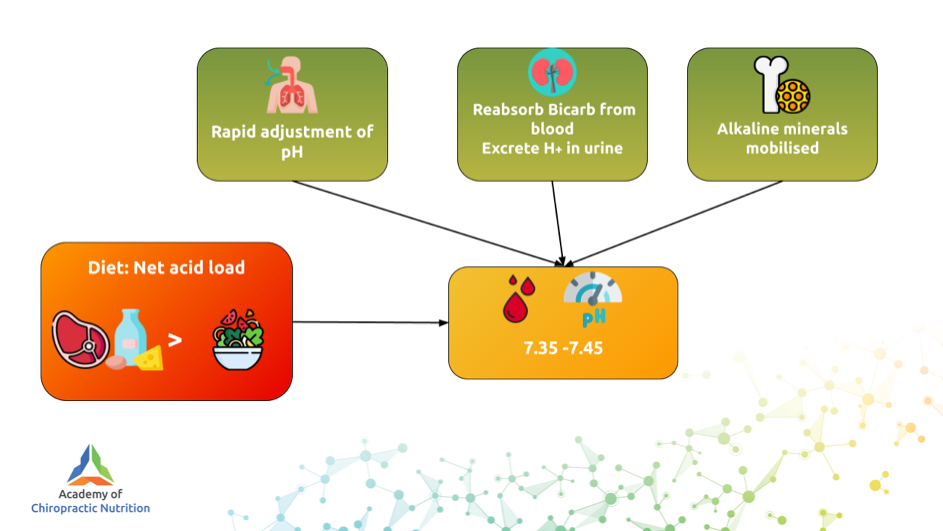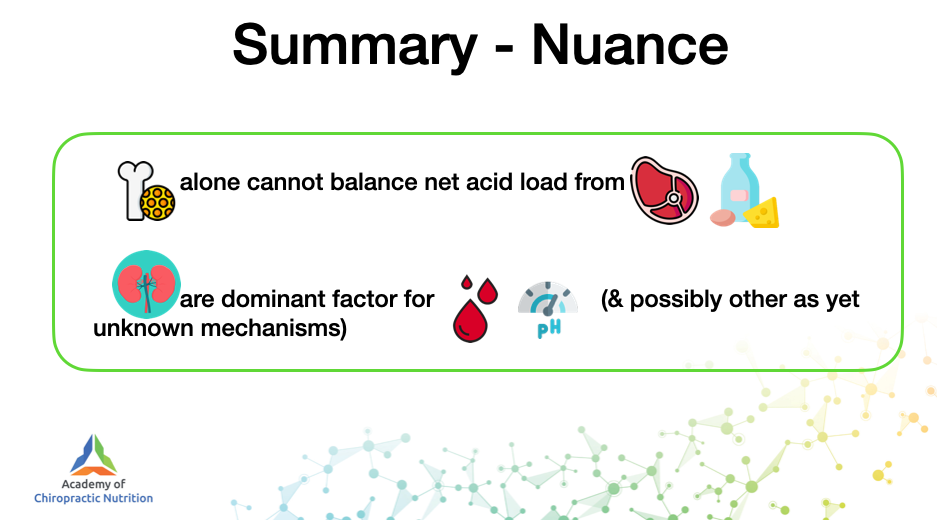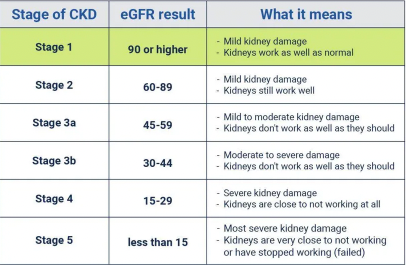I have noticed an alarming trend in patients.
They have some bloods done at the GP and they have impaired kidney function.
Urea is high, eFGR (estimated glomerular filtration rate) is low, and yet the GP’s seem remarkably unbothered and do…….nothing.
This is in not just aged people, but also young ones too.
At first I couldn’t work out why?
But consider what would they do about it?
Answer: Nothing
They have no obvious treatment they can offer.
Now that is assuming the kidney issues are not part of something bigger and that has been screened for.
But once those are looked at, it is dialysis or nothing.
So rather than worry patients they pretty much ignore it.
Turns out I am not the only one thinking about this:

Well, I have wonderful news for you, there is an effective way to slow/stop kidney damage, and it is dirt cheap.
Sodium bicarbonate.
Here is now it works, your blood MUST be maintained at a pH of 7.4 ish.
That has to happen, so depending on dietary acid or ash (alkaline) residue, you need to maintain that and you have 3 key mechanisms.

The removal of minerals from bone for this is very likely overplayed, they simply cannot do it on their own and the kidneys do it very nicely. This is all covered in our bone health protocol for CCCN members.

However, this function of making bicarbonate to keep the blood 7.4 takes its toll on the kidneys if they are struggling with normal function.
So how about we simply give people bicarbonate away from meals (because it would neutralise your stomach acid and stop you digesting) and take the load off the kidneys?
Well, there is a huge body of literature to support this intervention.



Remember the majority of the studies are done on stage 4 or 5 kidney disease, stage 6 is dialysis.

In these cases, the sodium bicarb slows it down.
But I have been experimenting with patients with stages 1-3 and yesterday, after 7 years of seeing a nephrologist on a 6 monthly basis, with 50% function, she has steadily improved, and they discharged her (possibly a bit too soon IMO, but still good news).
Other cases are in process now, I will keep you posted.
